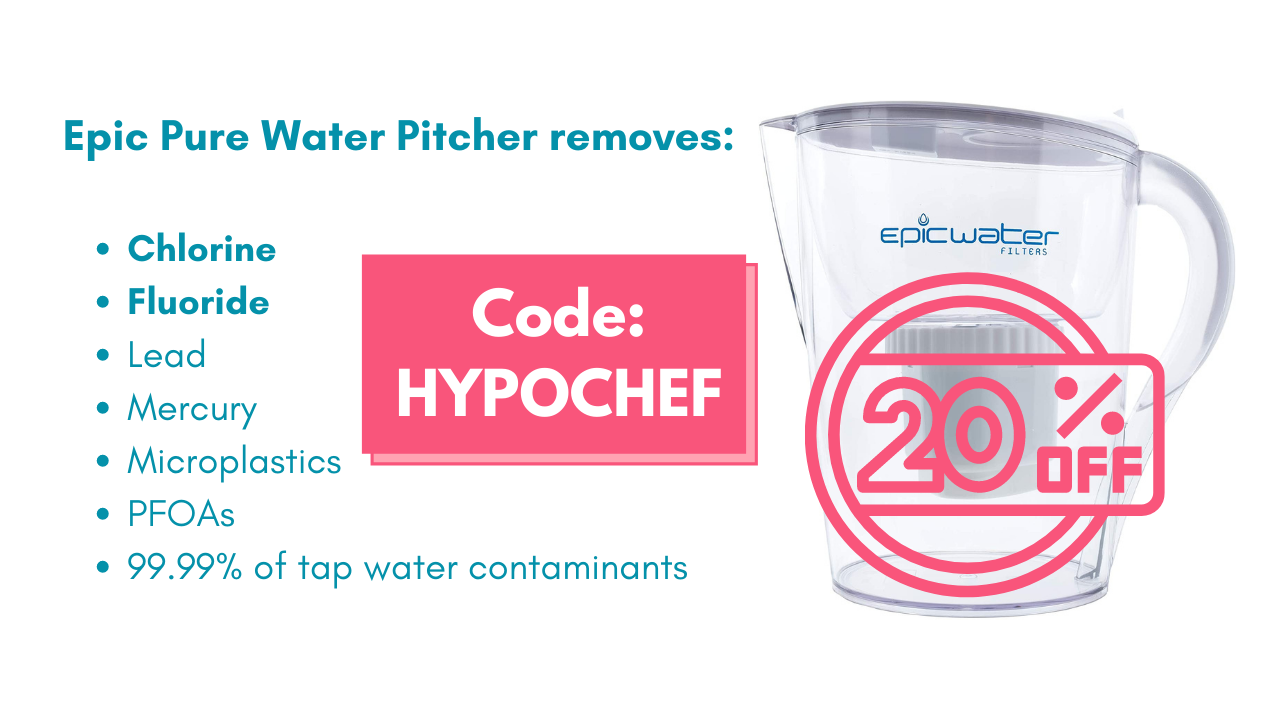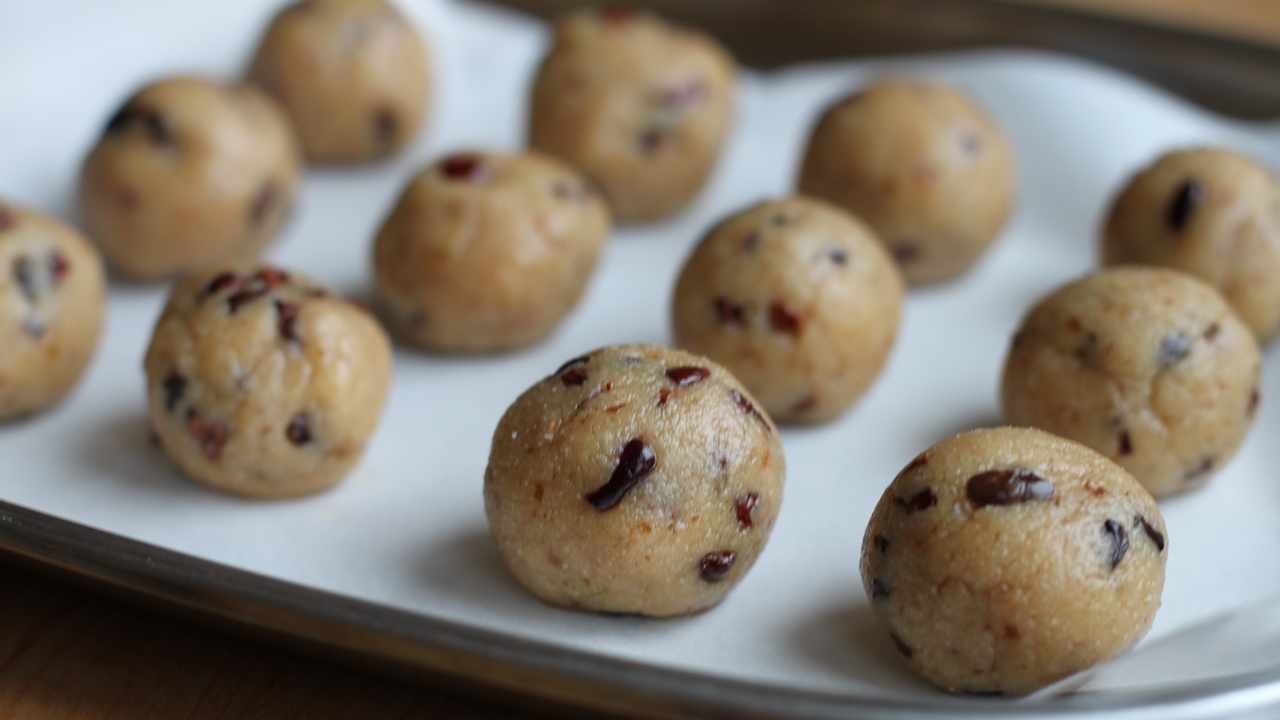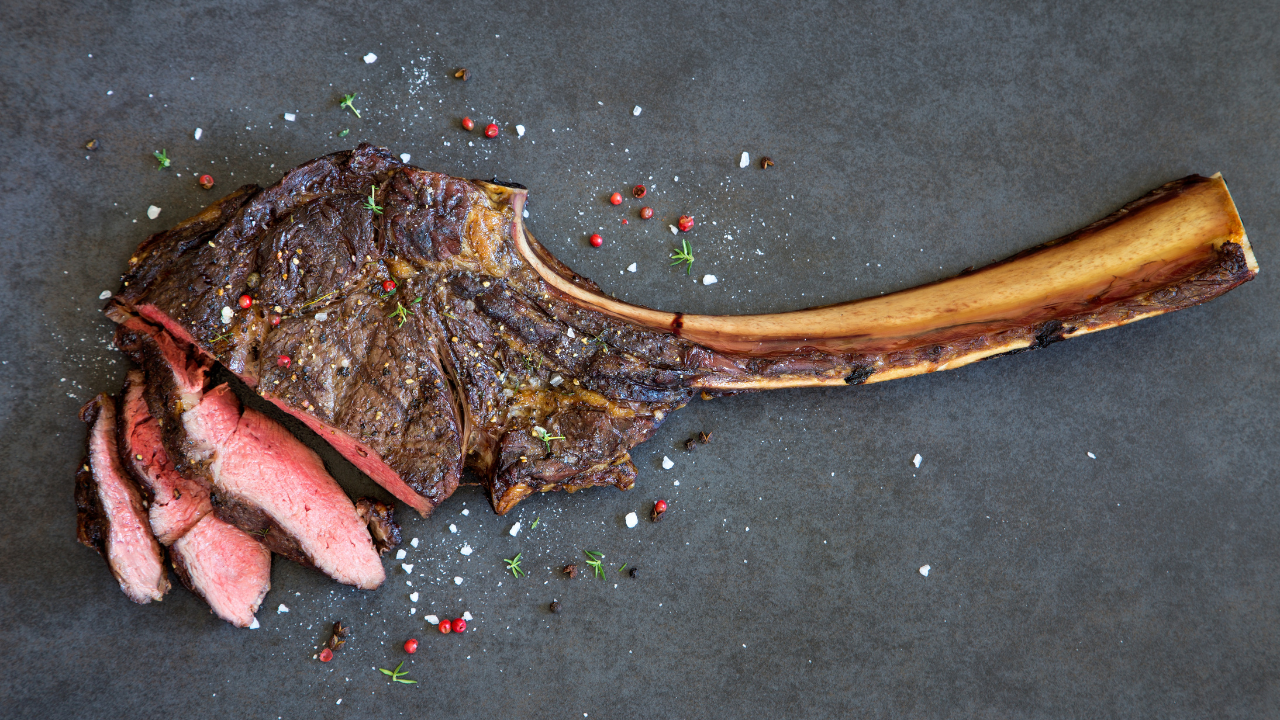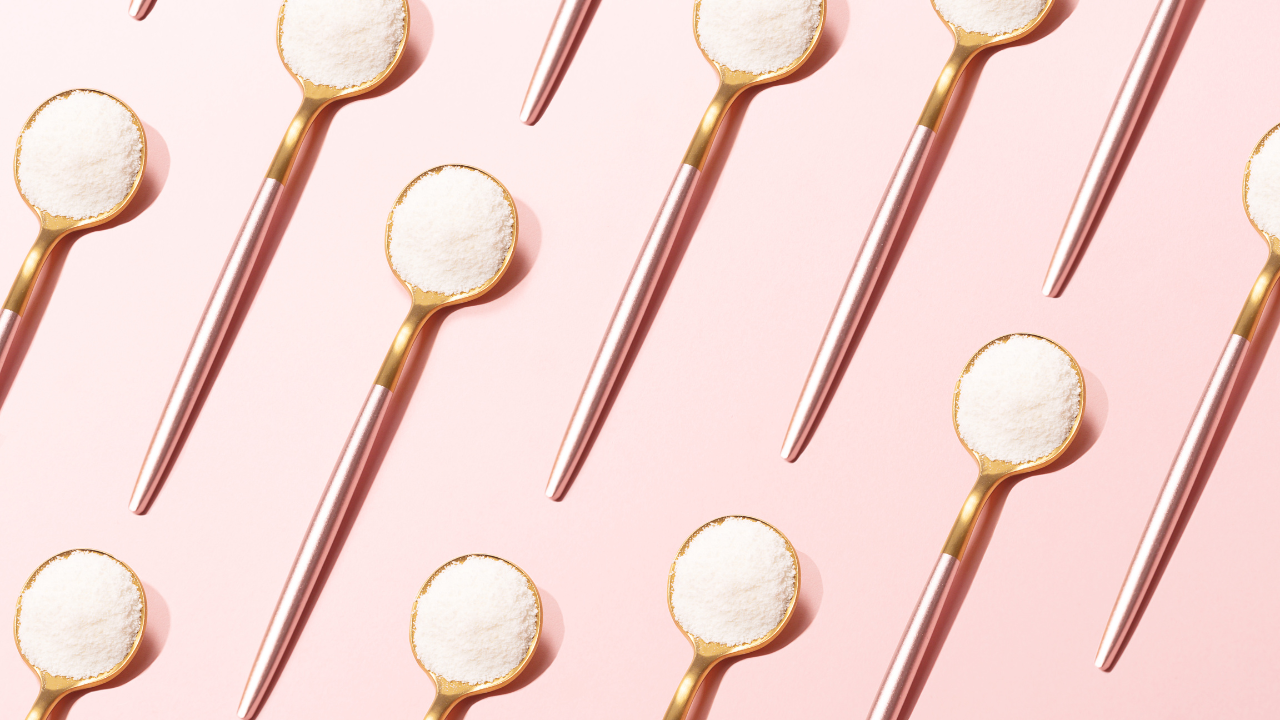Staying Hydrated the Thyroid-healthy Way
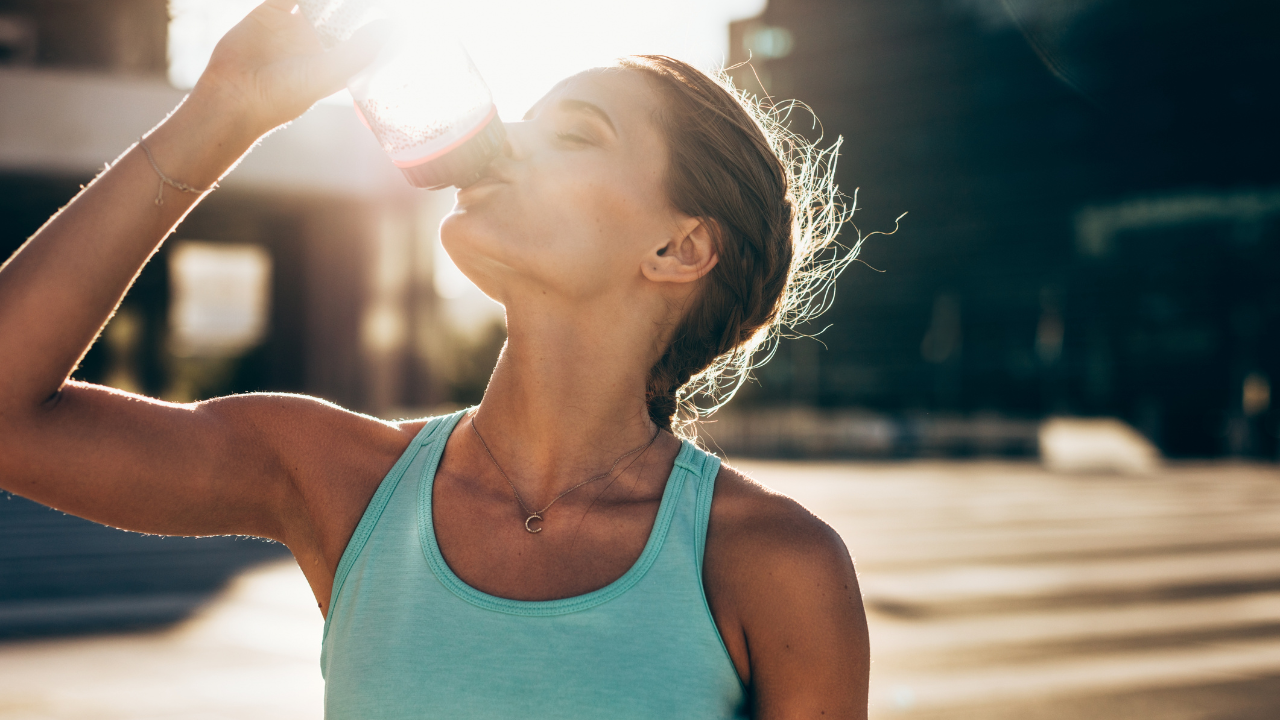
We all know that water is critical to our wellbeing, but getting enough of it can be a challenge. Hydration is especially important when it comes to combatting those pesky residual thyroid symptoms like brain fog, constipation, fatigue, dry skin, and even temperature sensitivity.
If you're ready to boost your brain function, metabolism, energy, weight loss, and overall skin health, drinking enough, and optimizing your drinks is key.
In this blog post and episode of the Thyroid-healthy Bites Podcast, we'll explore the basics of Thyroid-healthy Hydration, including the why, the what, and the how.
- WHY: The importance of hydration for Thyroid Thrivers
- WHAT: The importance of using filtered water (+ fave filters)
- HOW: 5 yummy ways to boost your hydration
Full disclosure: Some of the links in this post may be affiliate links. As an Amazon Associate, I earn from qualifying purchases. Purchasing a product using one of these links will support my work at no additional cost to you. Please know that I only recommend products I wholeheartedly stand by.
Disclaimer: This information is for educational and inspirational purposes only. Always consult with your doctor or other qualified healthcare providers before making changes to your diet, health care, or exercise regimen.
Show Notes:
- FREE Thyroid-healthy Grocery Guide
- Hypothyroid Chef Website
- Epic PURE Water Filter Pitcher - 20% OFF CODE: HYPOCHEF
Podcast Links:
- Listen on the podcast page
- Subscribe on iTunes
- Follow on Spotify
- Subscribe on YouTube
- Subscribe on Google Podcasts
- Subscribe on Amazon Music
- Listen on Stitcher
Does Drinking Water Help with Hypothyroidism?
Like the thyroid, hydration impacts multiple systems in the body. Your heart, brain, kidneys, bladder, liver, digestive system, and muscles all work better when well-watered. We can't survive without water for more than a few days. As the saying goes, we can go 3 weeks without food, 3 days without water, and 3 minutes without air.
Let's face it, water is essential for everyone, but what is the importance of hydration for those of us with hypothyroidism?
The short answer is that you'll feel better if you're adequately hydrated. Several common thyroid symptoms can be relieved with the simple habit of drinking more water.
When you're hydrated:⠀
- Your body temperature is more regulated
- You have more energy and less fatigue
- You have fewer headaches
- You lower your risk of constipation
- Your digestion is improved
- Your cognition, concentration, and mental clarity are improved
- Your skin, eyes, throat, and mouth are less dry
- Your mood is improved⠀⠀⠀
- You're less likely to get muscle cramps⠀⠀
- You're less likely to have food cravings, especially for sweets⠀⠀⠀⠀⠀⠀⠀⠀⠀⠀⠀⠀⠀⠀⠀⠀⠀
According to NYT bestselling author and thyroid expert Mary Shomon, water is also a weight loss powerhouse. "When you are well-hydrated," she reports, "your metabolism increases, you burn fat more effectively, and you lose weight more easily. Researchers have shown that drinking 68 ounces (2 liters) of water per day can increase your energy expenditure by around 96 calories per day. That means you could lose almost a pound each month just by upping your water intake!"⠀⠀⠀
Even if we already know all this, many of us still don't drink enough water. I've worked with quite a few Thyroid Thrivers who significantly improved their mood, vitality, brain health, and energy just by drinking enough water. Many of them didn't realize they weren't. ⠀
View this post on Instagram
When you're dehydrated, the bodily functions listed above (and life in general) become more challenging. You might feel dizzy, woozy, exhausted, grouchy, and just plain lousy.
Common indicators of dehydration include increased thirst (obviously), tented skin (if you pinch it, it doesn't flatten out right away), and the most visible sign-- the color of your urine.
According to The Cleveland Clinic, "Urine that falls in the pale yellow category signals that you’re healthy and hydrated." Dark yellow urine could indicate the need for more water, while clear urine can be a sign that you're drinking too much.⠀⠀
 NOTE: Other factors can affect the color of your urine, including supplements, kidney issues, liver issues, infections, and diabetes.⠀⠀
NOTE: Other factors can affect the color of your urine, including supplements, kidney issues, liver issues, infections, and diabetes.⠀⠀
⠀
How Much Water Should You Drink?
Answers to this question vary widely, and there is no one-size-fits-all rule. Many experts recommend eight (8 oz.) glasses of water per day as a basic guideline, but several factors can impact your bio-individual need. Your activity level, your diet, your weight, pregnancy, certain health conditions, and even where you live (like at high altitudes, for example) can all factor into your hydration equation.
In general, if you pay attention and are mindful about regular fluid consumption, keep aware of those signs of dehydration (like urine color), and adjust how much you drink based on the impacting factors listed above, you should be able to stay hydrated and enjoy the healthful vitality that comes with that.
If you're feeling like you may not be getting enough water, using a pitcher, reusable water bottle or a water journal to monitor your intake can be helpful. Tracking your intake this way can be an eye-opening experiment that builds awareness while also motivating you to drink more water!⠀⠀⠀
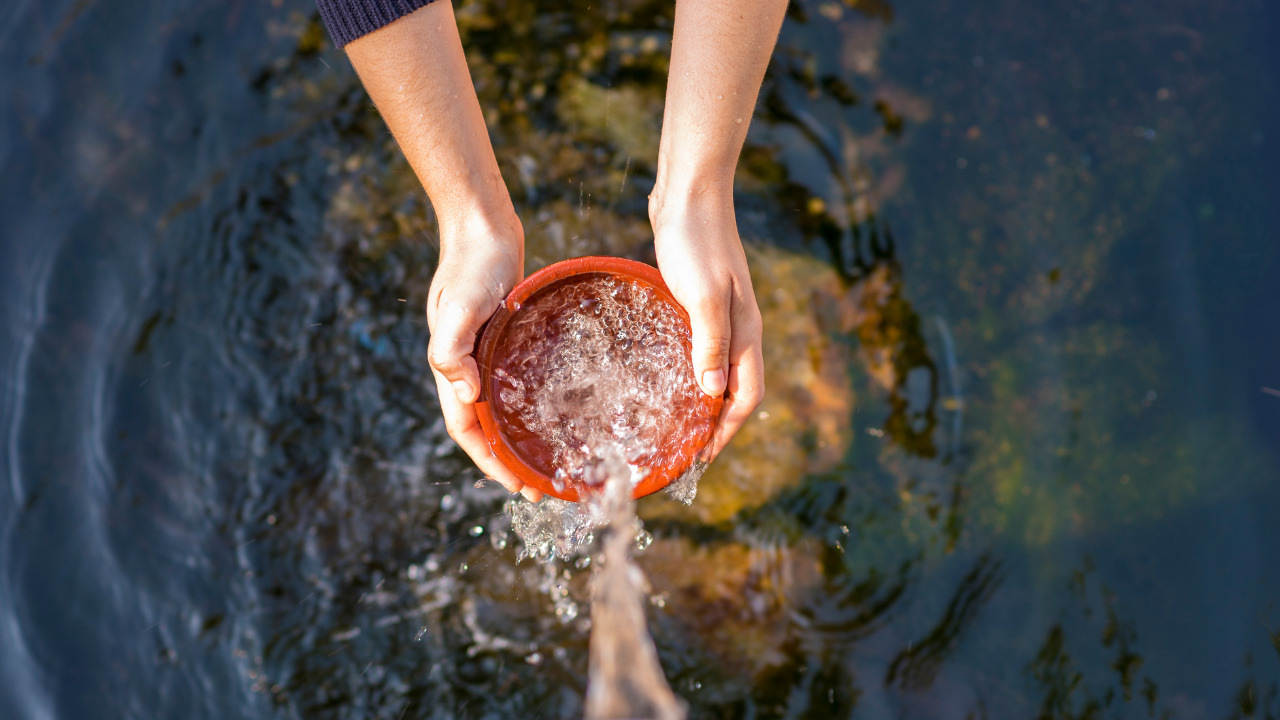 ⠀
⠀
WATER: The Most Important Ingredient in Your Drinks
Whenever possible, it's best to fill your glass and prepare your beverages with filtered water. Tap water may contain thyroid-disrupting toxins like chlorine, fluoride, and/or heavy metals. These can directly affect thyroid function by interfering with the production of thyroid hormone, or by bombarding the thyroid with environmental toxins that set up camp in our tissues.
Heavy metals, in particular, have been linked to an increase in thyroid antibodies.
Chlorine and fluoride are two of the most common toxins found in our drinking water, and ironically, are added to municipal water supplies on purpose.
Fluoride, which is added to some (not all) municipal water supplies, is touted for supporting dental health. It also happens to be a well-known thyroid suppressant that was historically used to treat hyperthyroidism (an overactive thyroid)!
Chlorine, which is added to water for disinfection, can interfere with the thyroid's uptake of iodine. This, in turn, can interfere with the thyroid's ability to produce thyroid hormone.
Chlorine, fluoride, and iodine are all found in the halogens group on the periodic table of elements. Because they're chemically related, they can compete for uptake by the thyroid, blocking iodine. Iodine is essential for thyroid function, The thyroid needs iodine in order to produce thyroid hormone. When fluoride and/or chlorine are present, especially regularly and in significant quantities, they can block the thyroid's uptake of iodine, and thyroid function can be significantly inhibited.
When it comes to something we're supposed to drink eight glasses of a day, those toxins can add up!
To complicate the chlorine and fluoride issue, most water filters you buy at the store do NOT filter these thyroid toxins out. You have to do a little detective work to seek out a water filter that removes the usual suspects (like heavy metals), along with chlorine and fluoride.
My 2 Favorite Water Filters for Thyroid Thrivers
I currently use an AquaTru Reverse Osmosis countertop system, and I like it a lot. It's the same system used by Dr. Izabella Wentz. Using my AquaTru has helped me lower some previously high levels of detrimental contaminants (like barium) found in our tap water, which I've observed in my lab results since using it.
The cons: I paid over $300 for it, and it requires electricity. Reverse osmosis systems also receive some scrutiny because they remove not only the bad stuff but the good stuff from our water, like beneficial minerals. This means we have to obtain more of those minerals from supplements and the food we eat.
As a more accessible option, I like the Epic Pure Pitcher or Dispenser from Epic Water Filters. While it is not a reverse osmosis filter, their “Pure” model actually filters out fluoride and chlorine, which most commercially available filter pitchers DO NOT filter out.
For travel, I also like (and own several of) Epic's handy filter bottles, which come in various sizes, designs, and materials (glass, stainless steel, and BPA-free plastic).
If you're currently in the market for a good water filter, you can get an additional 20% OFF Epic Water Filters with the code HYPOCHEF.
5 Ways to Boost Your Hydration
Who's thirsty? We've established the WHY and WHAT of thyroid-healthy hydration. Now, let's get to the HOW.
Water may be the elixir of life, but it can also be, well, kinda boring. Here are 5 of my favorite ways to jazz up your water and boost your hydration.

- Infused Water can make plain water more palatable, helping to ensure that you drink more of it. If you're trying to wean yourself off of sugar-laden soft drinks, infused water is a jedi-level strategy. Try filling a glass pitcher with fresh, filtered water and a few slices of cucumber and lemon, or my personal favorite, strawberries and basil. Refrigerate for a couple hours to let the flavors infuse and enjoy! As a bonus, you'll be able to watch the pitcher to easily see how much water you're drinking throughout the day.
- Electrolytes: Adding a sugar-free electrolyte drink mix like Ultima Replenisher Broad Spectrum Electrolyte Mix (my favorite) to your water can take your hydration to the next level. Electrolytes, which include sodium, potassium, magnesium, and calcium, get the water where it needs to go in your body, promoting fluid balance within the cells. Our electrolytes need to be continually replenished through the foods and beverages we consume, especially if we're losing a lot of fluids due to sickness, heat, or exercise. Incorporating a sugar-free, high-quality electrolyte supplement can effectively boost hydration, and improve physical performance by helping your muscles contract.
- Coconut water is a great alternative to hydrating sports and energy drinks due to its impressive amount of electrolytes like potassium. An 8-ounce serving of coconut water contains 500 mg of potassium. While naturally sweet tasting, it also has far less sugar than typical bottled sports drinks. In fact, you can make your own sports drinks by combining 1 part filtered water, 1 part coconut water, the juice of 1 lime or lemon, and a pinch of salt. Or, try my Citrus Chia Fresca!
- Hydrating foods: About 20% of our water intake typically comes from the foods we eat (mainly fruits and vegetables), so be sure to incorporate plenty of hydrating foods that contain more than 70% water. Examples include cucumbers, celery, lettuce, oranges, cauliflower, grapes, zucchini, and melons, just to name a few.
- Bone Broth: Speaking of hydrating foods, bone broth is a fantastic way to rehydrate. Bone broth is full of minerals pulled from the bones during the long simmering process, including electrolytes like potassium, calcium, and magnesium. Add a pinch of sea salt for extra trace minerals and electrolytes, and you've got a delicious cup of sustenance and hydration. It's no wonder we like broth when we're under the weather! Check out my recipe for easy, homemade Chicken Bone Broth!

Do Coffee, Tea, and Other Drinks Count Towards Hydration?
Yes, most drinks (and many foods) count towards your daily water intake. The exception are alcoholic beverages, which are especially dehydrating.
There was a long-held belief that the diuretic effect of coffee and tea made these drinks dehydrating. That myth has been debunked, and we now know that the diuretic effect of these beverages is not enough to offset the hydration they provide.
As with everything we put in our mouths, choices matter.
Fresh, filtered water is a better choice than a high-sugar soda or fruit juice cocktail. Sugary drinks may provide fluids, but they come with the myriad health consequences of high amounts of sugar. Likewise, if you're feeling dehydrated, that diuretic cup of coffee is probably not as ideal as a glass of water, or coconut water.
When it comes to what you put in your cup, choose wisely, Thyroid Thriver. It matters, and so do you!
 Citrus Chia Fresca
Citrus Chia Fresca
Need inspo? Check Out These Thyroid Healthy Drink Recipes:
- Citrus Chia Fresca
- Banana Orange Creamsicle Collagen Smoothie
- 5 Thyroid-healthy Hot Drinks
- Cranberry Zinger
- Easy Instant Golden Milk
- Paleo Pumpkin Spice Creamer
- Lemon Ginger Honey Tea
Cheers to your health, Thyroid Thriver! Happy cooking, happy thriving, and enjoy!
P.S. If you're anything like me, when I started down the path of thyroid-healthy eating I had questions-- lots of them. What I didn't have was a step-by-step system, to get me where I wanted to go. I wasted a lot of time piecing together bits of information about what to eat, what to avoid, and HOW to make thyroid-healthy dietary changes. That’s why I created the Thyroid-healthy Meal Plan Kickstart. Ready to take YOUR healing journey farther, FASTER? Let’s do it. Learn more HERE.
Sources:
- https://health.clevelandclinic.org/what-urine-color-means
- https://www.healthline.com/nutrition/how-much-water-should-you-drink-per-day
- https://www.sciencedirect.com/science/article/pii/S0160412011002716
- https://www.ncbi.nlm.nih.gov/pmc/articles/PMC1567021
- https://www.healthline.com/nutrition/electrolyte-water
- https://www.healthline.com/nutrition/coconut-water-benefits
- https://www.ncbi.nlm.nih.gov/pmc/articles/PMC5084017/
- https://health.clevelandclinic.org/bone-broth-tap-the-chef-see-why-its-for-you/
- https://www.ncbi.nlm.nih.gov/pmc/articles/PMC5084017/
Subscribe to my free newsletter for fresh recipes & lifestyle tips, delivered weekly, and receive a free gift!
By submitting this form, you agree to receive ongoing updates from Hypothyroid Chef



